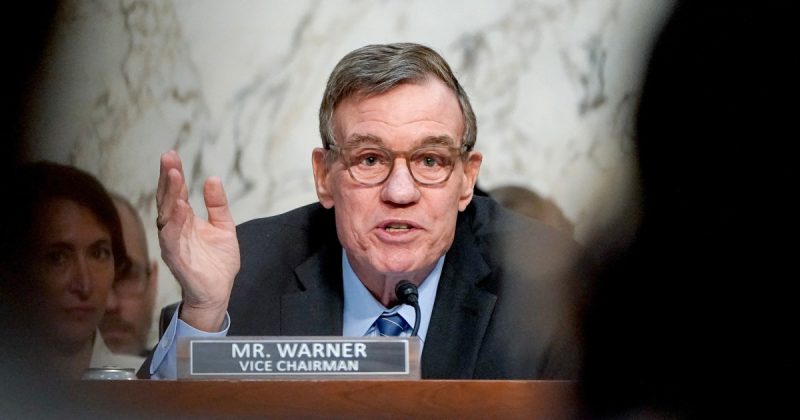
The Senate took a significant step forward in regulating the cryptocurrency market, advancing a major bipartisan bill on Monday. This marks a surprising turnaround after a united front of Senate Democrats blocked the same measure just two weeks prior. The procedural vote on the GENIUS Act, aimed at establishing a regulatory framework for stablecoins, passed with a comfortable 66-32 margin. This success hinged on sixteen Democrats joining forces with the majority of Republicans, overcoming the initial deadlock.
The bill’s advancement required surpassing the 60-vote threshold, a testament to the bipartisan negotiations that ultimately unlocked Democratic support. Key sticking points were resolved through an amendment addressing consumer protection, limitations on tech companies issuing stablecoins, and extending ethics standards to certain government employees. This amendment, circulated over the weekend, reportedly included concessions addressing concerns over the influence of large tech companies and strengthened consumer safeguards.
The shift in Democratic support was partly fueled by a negotiated agreement between Senators Bill Hagerty (R-Tenn.), Cynthia Lummis (R-Wyo.), Mark Warner (D-Va.), Kirsten Gillibrand (D-N.Y.), Angela Alsobrooks (D-Md.), and Ruben Gallego (D-Ariz.). The negotiators reportedly secured commitments from their Democratic colleagues to support the GENIUS Act even if the amendment itself failed.
This legislative maneuver comes after a previous roadblock where Democrats, along with two Republicans, blocked the bill’s progress, citing concerns about national security and anti-money laundering provisions. Senate Majority Leader John Thune criticized the delay, highlighting the lack of changes to the bill’s core substance. He anticipates the final vote will be delayed until after the Memorial Day recess.
The Trump family’s involvement in cryptocurrency, particularly President Trump’s dinner with prominent meme coin holders, has added a layer of complexity to the debate. While the amendment doesn’t directly address these concerns, several Democrats remain unconvinced, raising concerns about the bill’s overall strength and the potential for enabling corruption. Senator Elizabeth Warren, for instance, highlighted persistent flaws and expressed concerns about the president’s financial dealings.
Despite these concerns, Senator Mark Warner, a key figure in the bipartisan negotiations, emphasized the importance of addressing the cryptocurrency space proactively. He acknowledged the concerns about the Trump family’s activities but stressed the need for American leadership in shaping the future of blockchain technology. The GENIUS Act’s future remains uncertain in the House, where a different bill addressing stablecoin regulation is under consideration. Advocates emphasize the need for comprehensive legislation encompassing other aspects of digital assets and securities.
This bipartisan breakthrough, while significant, leaves many questions unanswered. The upcoming votes on amendments and the ultimate fate of the bill in the House will be crucial in determining the future of cryptocurrency regulation in the United States. The coming weeks promise to be pivotal in this evolving legislative landscape.










